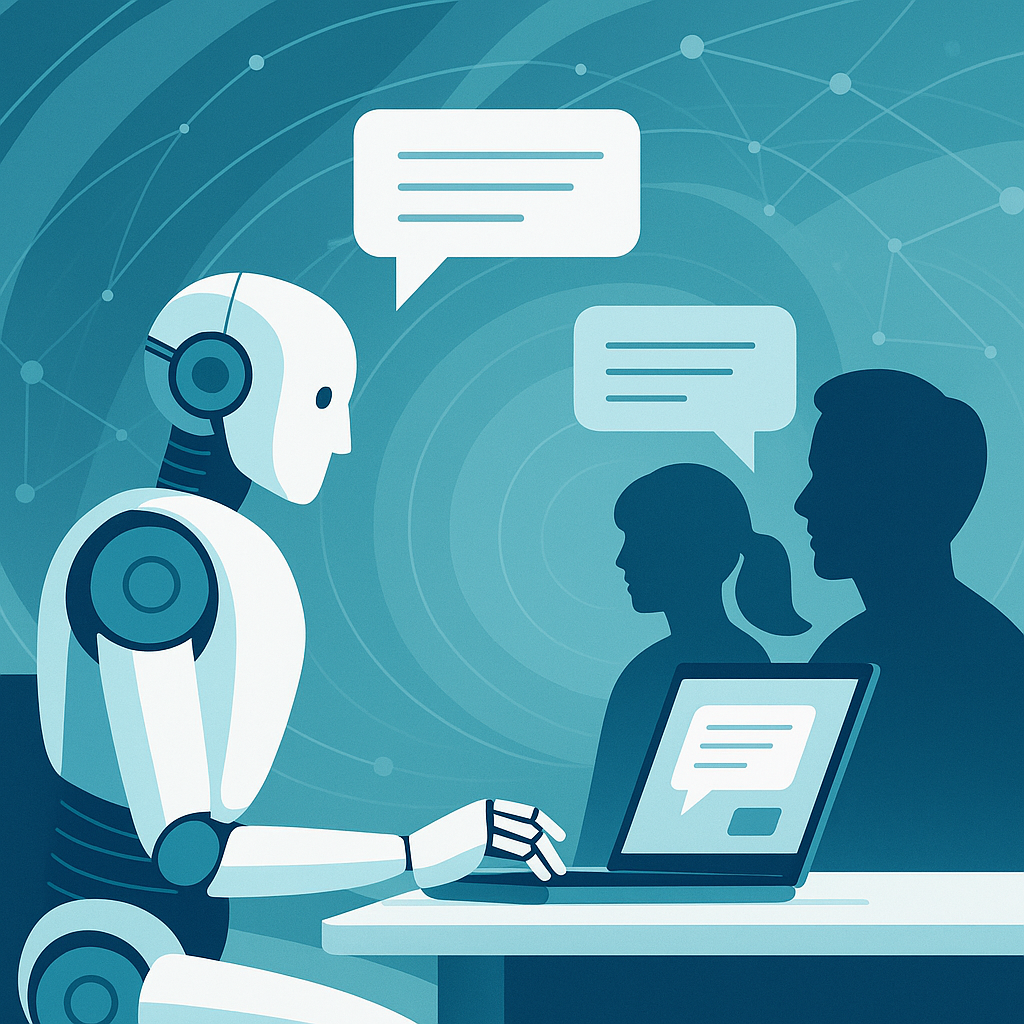AI Agents: The Future of Work

Artificial intelligence is evolving beyond simple chatbots and single‑purpose algorithms. AI agents are autonomous systems capable of executing tasks, making decisions and collaborating with humans and other agents to achieve complex goals. In the last few years, public interest in generative AI tools has exploded – ChatGPT alone attracted over 100 million users in its first two months【911144934114524†L96-L99】. As these tools mature into agents that can plan, execute and adapt, they promise to transform productivity and reshape the way we work.
What Are AI Agents?
An AI agent combines a large language model with a goal‑oriented framework. Instead of replying to one prompt at a time, agents can break a complex task into steps, call external tools (like web browsers or spreadsheets), and iterate until they produce the desired outcome. Recent examples include personal research assistants that can search, summarize and report on topics while you focus on strategy.
Key Benefits
- Automation: AI agents handle repetitive tasks such as data entry, report generation or social media scheduling, freeing up time for creative work.
- 24/7 Availability: Agents can monitor systems, schedule meetings or prepare insights around the clock.
- Personalization: By learning your preferences, agents deliver more relevant recommendations and responses.
- Scalability: Multiple agents can collaborate, coordinate and work in parallel, amplifying output.
Use Cases
AI agents are already being applied in virtual assistance, market research, customer support and even code generation. For instance, a research agent can automatically browse articles, extract key facts and compile a report. A marketing agent might design social campaigns and analyze performance. As AI adoption across organizations continues to accelerate – more than double since 2017【911144934114524†L58-L77】 – expect to see agents integrated into every industry.
Getting Started
To experiment with AI agents, start with trusted platforms like OpenAI’s GPT with browser and code plug‑ins, or open‑source frameworks such as Auto‑GPT. Begin with narrow, well‑defined tasks and monitor performance closely. As you gain confidence, allow agents to tackle larger projects.
Looking Ahead
By 2025 and beyond, AI agents will become increasingly proactive, anticipating needs and collaborating seamlessly with other agents. They will orchestrate entire workflows, from research and writing to scheduling and customer engagement. As with any powerful technology, it’s important to adopt agents responsibly and ensure transparency so that humans remain in control.